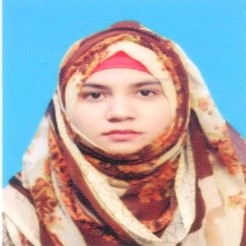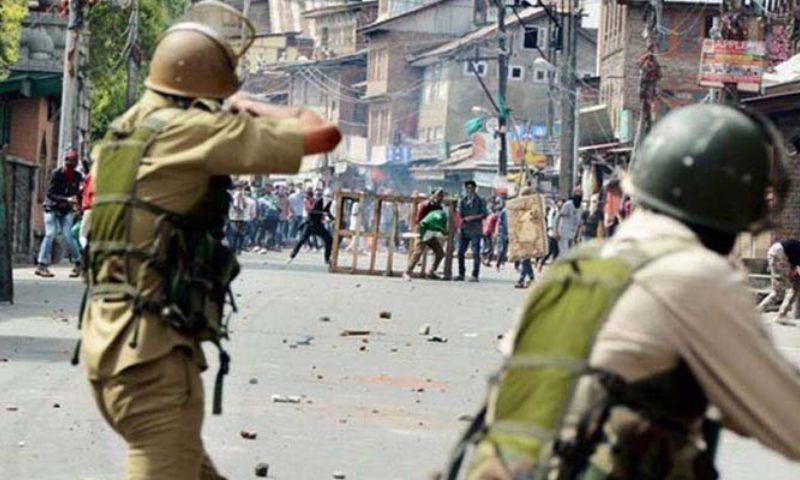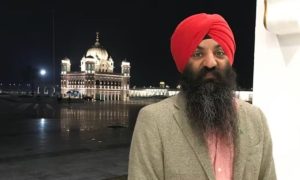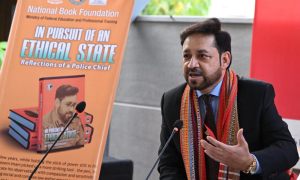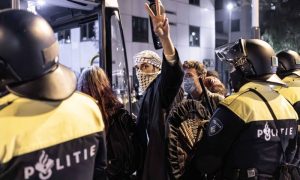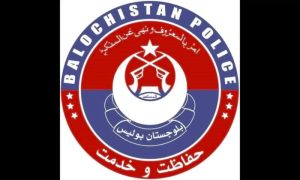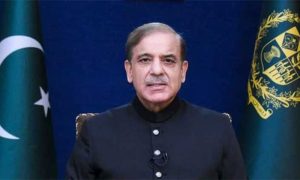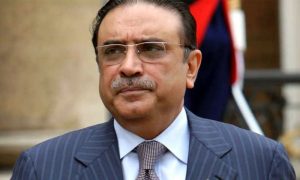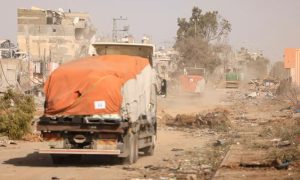Amnesty International and five other rights organisations signed an open letter calling for an end to human rights violations in Kashmir and the release of jailed human rights defenders and political prisoners ahead of the G20 summit scheduled in New Delhi, India. The letter was signed by Amnesty International; the Asian Federation Against Involuntary Disappearances; the Asian Forum for Human Rights and Development; CIVICUS: World Alliance for Citizen Participation; Front Line Defenders; and the Kashmir Law & Justice Project.
The situation in Indian Illegally Occupied Jammu and Kashmir (IIOJK) has been deteriorating for decades, but it reached a new low in August 2019, when the Indian government revoked the region’s special status and imposed a harsh lockdown that curtailed the rights and freedoms of millions of Kashmiris. Since then, the Indian authorities have intensified their crackdown on dissent, arresting and detaining hundreds of human rights defenders, journalists, activists, politicians and ordinary citizens under draconian laws that violate international standards. On the one hand, India is selling her democratic status to the world and on the other hand, she is persecuting her nationals based on their religion at home. Arguably, it is a clear discrepancy between the democratic liberal world order and the Indian model of democracy.
International law on human rights violations (HRVs) is based on the Universal Declaration of Human Rights (UDHR) and other treaties and conventions that protect civil, political, economic, social and cultural rights. These instruments oblige states to respect, protect and fulfil human rights for all people within their jurisdiction, and to prevent, investigate and punish HRVs. States that violate these obligations can be held accountable by international human rights bodies, such as the Human Rights Council, the treaty committees, the special rapporteurs, and regional courts.
Based on these instruments, the situation of human rights violations in India not only denies the due rights to the people of IIOJK but also threatens the world order. The open letter by Amnesty International on the eve of the G-20 summit is evident that India not only committing grave human rights violations at home especially in IIOJK but also legislating against human rights defenders and keeping their mouth closed by force.
One of the most abused laws is the Unlawful Activities (Prevention) Act (UAPA), which allows the government to designate individuals and groups as “terrorists” without any judicial oversight or due process. The UAPA also grants sweeping powers to the police to arrest and detain people without charge or trial for up to 180 days, and to seize their assets and property. The UAPA has been used to silence critics and dissenters and to criminalize peaceful protests and legitimate expressions of opinion.
Among the many victims of the UAPA are prominent human rights defenders Khurram Parvez, Parveena Ahangar, Parvez Imroz and others, who have been arbitrarily detained and illegally imprisoned since November 2021. They are facing fabricated charges of terrorism, sedition and conspiracy for their work in documenting and exposing human rights violations in IIOJK. They have been denied bail, access to lawyers and family visits, and subjected to ill-treatment and torture in custody. They are prisoners of conscience, who have been targeted solely for exercising their rights to freedom of expression, association and peaceful assembly.
According to Human Rights Watch, India has faced several human rights challenges in 2023, such as: allegations of torture and extrajudicial killings persisted, with the National Human Rights Commission registering 147 deaths in police custody, 1,882 deaths in judicial custody, and 1,017 cases of fake encounters.
The Watch also indicates that the government continued to use the Unlawful Activities (Prevention) Act (UAPA) and the sedition law to silence dissent and target activists, journalists, academics and critics. Not only this but the Indian government also targeted religious minorities, especially Muslims have faced discrimination and violence from Hindu nationalist groups, who enjoyed impunity and support from the ruling party. However, the government failed to ensure justice for the victims of the 1984 anti-Sikh riots, the 2002 Gujarat riots, the 2008 anti-Christian violence in Odisha, the 2013 communal violence in Muzaffarnagar and continued discrimination to date.
The international community cannot remain silent on the grave human rights situation in IIOJK. The letter urges the world leaders to attend the G20 Summit to raise these issues with the government of India in accordance with the obligations under international law and call on India to adhere to its international legal obligations.
The people of IIOJK deserve peace, dignity and justice. They have suffered enough from decades of violence, oppression and impunity. It is time for India to end its repression in Kashmir and release Khurram Parvez and Irfan Mehraj, drop all charges against them and end the ongoing persecution and targeting of Kashmiri human rights defenders and journalists. India must comply with their international legal obligations and allow civil society to freely operate. In addition, India must cease their longstanding obstruction of international civil society and inter-governmental organisations including the United Nations Special Rapporteurs and other human rights mechanisms which should have unfettered access to IIOJK and Kashmiri detainees.
Conclusively, democratic values and human rights violations can’t go hand in hand. Rightly indicated by UN Special Rapporteur on Minority Issues, Fernand de Varennes “to normalise what some have described as a military occupation by instrumentalizing a meeting” and providing a veneer of support to a facade of normalcy at a time when massive human rights violations, illegal and arbitrary arrests, political persecutions, restrictions and even suppression of free media and human rights defenders continue to escalate is not in favour of either of the side. The international community, especially G-20 must not contribute to the agony of the people of Kashmir by ignoring the fact that they are going through a forced military occupation and persecution. The only solution to the grievances of the IIOJK people is the right to self-determination granted under the UN Resolution in 1949.









